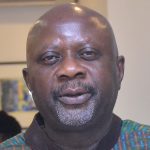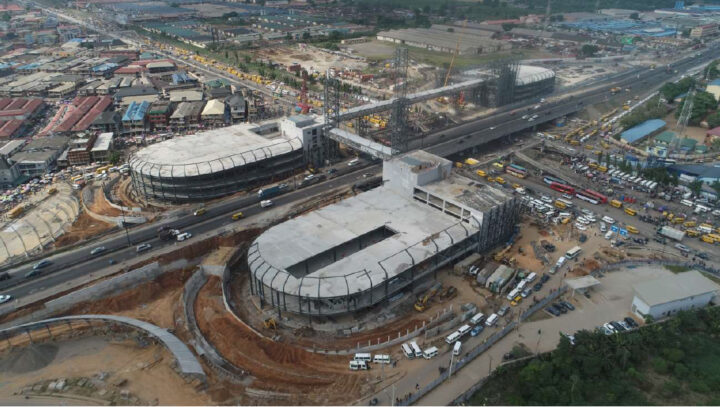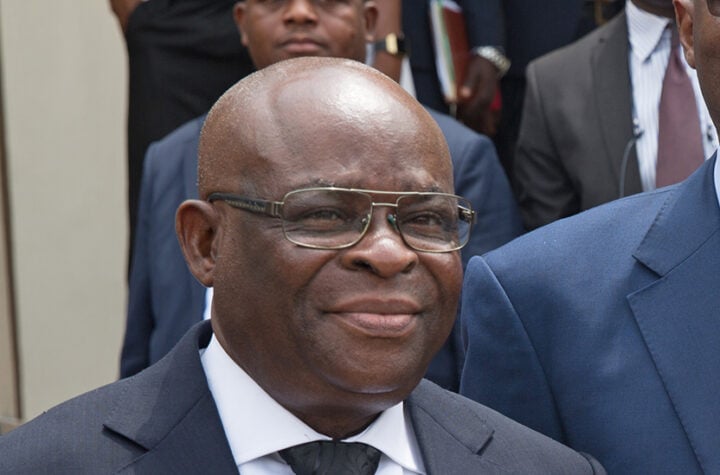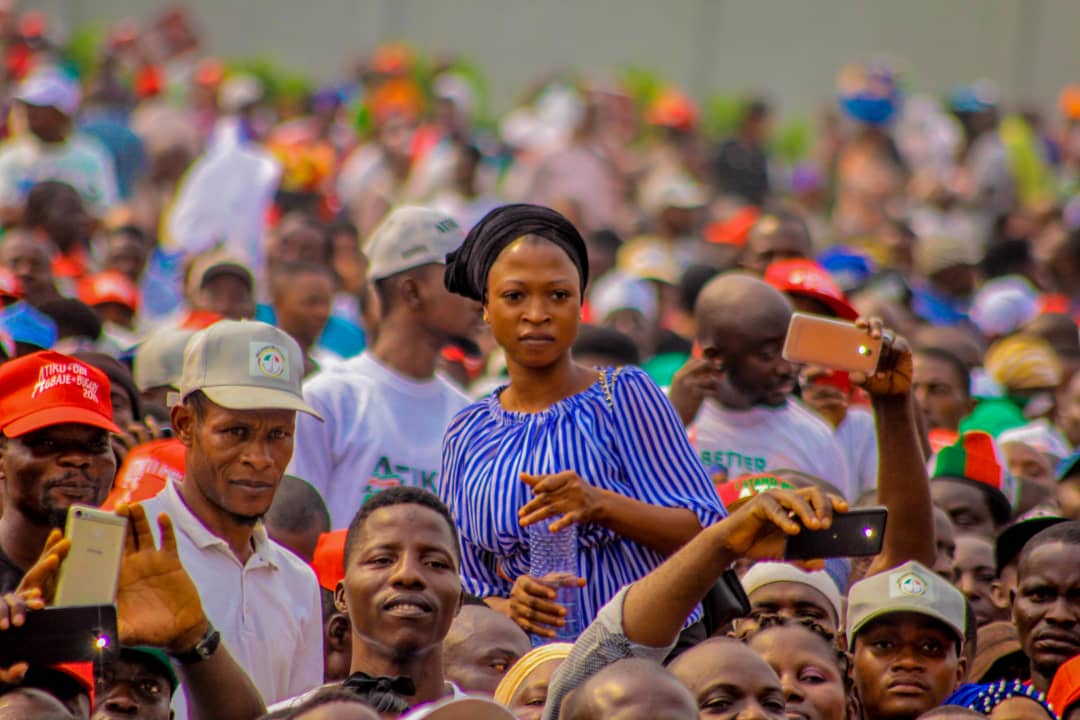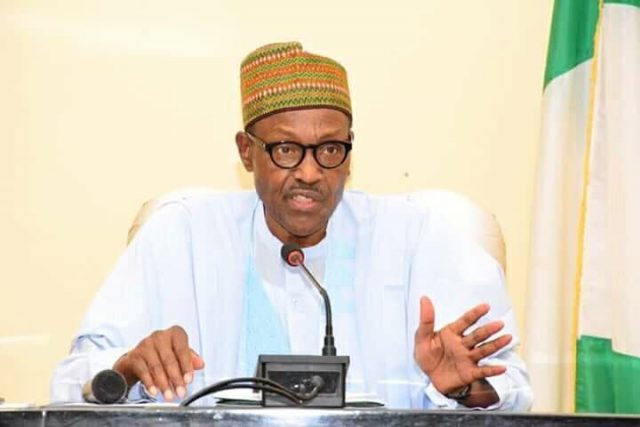Like the reports that preceded it, the 2018 “Migration and Development Brief” of the World Bank that tracks the remittances of immigrants in high- and middle-income countries of the world–which was recently released–is an important document that the Nigerian government should be elated about because of its contribution to and enhancement of the country’s economic life. Just as the previous years, the report says that remittances to Nigeria by her citizens around the world was the highest in sub-Saharan Africa as it stood at $24.3 billion last year, compared to the 2017 figure of $22.3 billion, which means there was a net increase of $2 billion.
According to the report, “immigrants sent $46 billion to their home countries in sub-Saharan Africa last year, a 10 percent jump in remittances in 2017.” The “Brief” also gives us a breakdown of those countries in sub-Saharan Africa whose remittances contributed significant percentages to their Gross Domestic Product (GDP). It says, therefore, that “as a share of their GDP, Comoros had the largest share, followed by the Gambia, Lesotho, Cape Verde, Liberia, Zimbabwe, Senegal, Togo, Ghana and Nigeria” in that order.
Before one attempts to point out the significance, if not the contribution of these remittances to national development (in the case of Nigeria), it is important to also attempt to identify other values/variables that are inherent in the World Bank report that makes it possible for individual remittances of citizens of these countries from far-flung corners of the world to be so compelling that they took notice able chunks of their countries’ GDP–which may not be easily discernible. In the countries whose GDP are significantly affected by these remittances, at least three things may have emerged from the WB Brief. These are: Immigrants from these countries are either well educated, resourceful or industrious in their host countries for them to be able to command the incomes that leaves some extras to send to their countries of origin. The populations of these immigrants in their host countries are significant and probably in proportion to the population of their home countries. And more importantly, their psycho-emotional attachment to their countries of origin is significantly higher than the world average.
From the foregoing, and in the case of Nigeria whose developmental challenges are as big as her population and landmass, one would have thought that some carefully crafted, concerted, consistent, and specifically-targeted policies and programmes would have long been dedicated to her Diasporans (a huge resource pool waiting to be tapped) in her quest for economic growth and expansion. While the Buhari administration should be credited with the establishment of the Office of Diaspora and Foreign Affairs in the presidency for the first time in the country’s governance history under the able leadership of Hon. Abike Dabiri-Erewa, it should also be pointed out that whatever policies that are already in place may notbe commensurate with tapping not only the resource endowments of her diasporic citizens, but may be inadequate to vigorously engage them in solving the developmental challenges in which they’ve acquired the right expertise in their host countries.And this—-it seems to me—-is the crux of the matter. With this dearth of policy objectives by Nigerian governments for their diasporic citizens, it will not only be difficult for them to internalize the urge for their country’s growth and development, but they will be unable to see themselves as critical partners in the developmental challenges of their country of origin.
Advertisement
While it would have been much easier for the country’s sub-units (the states) to harvest the resource endowments of their diasporic indigenes under some broader policy objectives of the federal government for their own peculiar developmental challenges, the states should now decide if, and how to engage their diasporic indigenes as they cannot complain of being hamstrung or shackled by those ubiquitous federal government’s items on the Exclusive Legislative List. But the “if”—-it seems to me—-have not only taken the pride of place in the states’ decision (or indecision) to include their Diasporans into their developmental agendas, but has rendered the “how” a nonentity, judging by the 5 states of Anambra (with a full Ministry), Abia, Edo, Benue and Ekiti that have offices dedicated solely to their Diasporans for their developmental pursuits—-to my chagrin—-out of the 36 states in the federation.
While it would be standing logic on its head to postulate that the arrival of $24.3 billion into the economy of any country, let alone Nigeria’s (and, quite appropriately the states because they are the final destinations where these remittances are expended) couldn’t have added any intrinsic value to the states or is significant enough to warrant the state governments’ attention, one cannot help but say that a very significant portion of these remittances would probably be considered by financial experts to have been ‘wasted’ if these remittances were to be placed under close scrutiny. This is because the effects that the remittances should have had on the states in meeting their developmental challenges, relative to the monies (which could well be higher than some states’ monthly federal allocations) that accrued to them from their indigenes in the Diaspora, may be very negligible due to their lack of inclusion and participation in their state’s development.Surveys have indicated that the remittances to Nigeria by her diasporic citizens are spent mostly on education of their wards and other loved ones, healthcare, business start-ups and maintenance, land purchases, and building (of non-revenue generating) houses that would eventually end up serving as not only the retirement homes of their owners, but subsequently as their grave sites.
While it cannot be argued that what these remittances are used for, as in the case of the aforementioned, are in themselves social ‘goods’ in the states where they’re finally utilized, significant wastage would have been absent, or at least reduced to a minimum, if there are mechanisms to track the usage of these monies. What’s more, some of these remittances failed to have the desired effects due to the fraudulent behaviours of people to whom these monies are entrusted by their owners. This is where state governments—-most of whose capacity utilization are not only very low and archaic, but also lacks the funds to spur socio-economic growths, should have come in as protectors of the economic interests of their diasporic indigenes through policies and programmes that will guide them aright. This would have been a win-win situation.
Advertisement
But Ekiti state is now determined to make a difference by creating and nurturing mutually beneficial relationships with its diasporic communities in the pursuit of its developmental agenda.For someone who believes that a society can only realize its potential if its people are made the front, back and centre of every facet of its developmental aspiration, Governor John Kayode Fayemi is poised to engage Ekiti Diaspora (both within and without) towards the realization of his four/five pillars upon which reclaiming Ekiti land and restoring its values rests. For a people whose hope and trust in their leaders have always been dashed and shattered with reckless abandon by their leaders over time, it should not be gainsaid that the two major political capitals that have always been going for Governor Fayemi in his leadership trajectory are Trust and Integrity. These time-tested values will be leveraged with Ekiti Diaspora as it will also not only reflect in the policies of the Fayemi administration for strategic partnerships with its diasporic indigenes as so much water has passed under the bridge, but their engagements in every facet of the state’s developmental aspiration will engender them to own a piece of Ekiti.
Odere is the senior special assistant to Ekiti state governor on diaspora affairs. He can be reached at [email protected]
Views expressed by contributors are strictly personal and not of TheCable.
Add a comment
